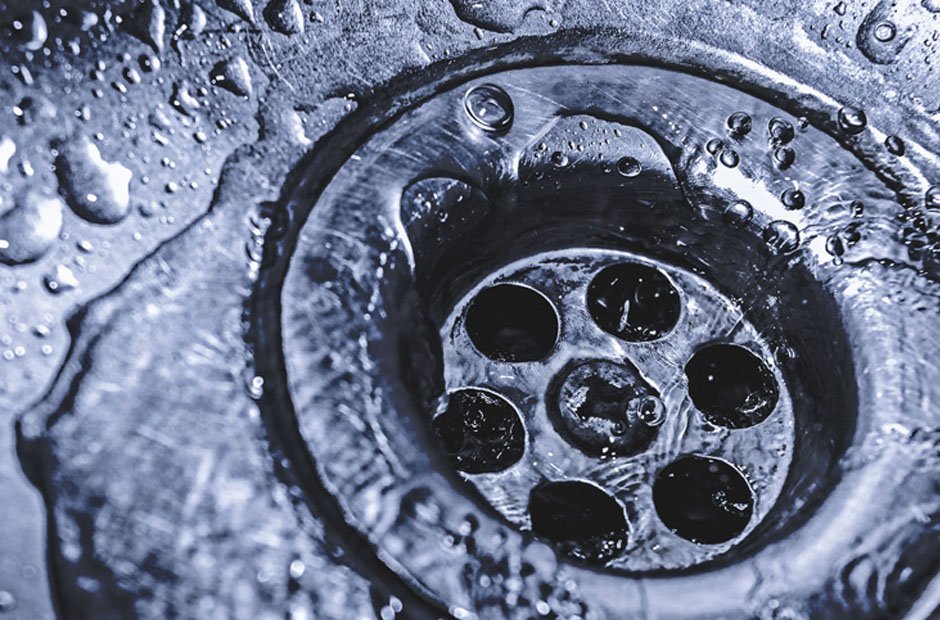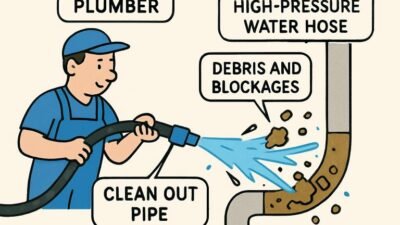Blocked drains can be the cause of significant inconvenience within any household or commercial establishment. When drains cease to function properly, they can lead to unpleasant smells, potential flooding, and costly repairs. However, with a little foresight and maintenance, such scenarios can often be prevented. In this comprehensive guide, we delve into essential strategies to help individuals and businesses maintain their drainage systems and avoid the undesired emergency of a blocked drain.
Understanding Drainage Systems
Drainage systems are crucial for transporting water and waste away from properties. They consist of pipes that connect to toilets, sinks, showers, and other water-using appliances. All these flow into larger sewer pipes under the streets which eventually lead to treatment facilities. Keeping these arteries clear is essential for the health and well-being of any building’s infrastructure.
Routine Maintenance Checks
Regular inspections are the first line of defence against blockages. Property owners should schedule routine checks to ensure that all aspects of their drainage system are functioning correctly. During these inspections, one must look out for slow-draining sinks or toilets, gurgling sounds, and unpleasant odours, as these are early signs of potential blockages.
Proper Disposal of Waste
A significant factor in preventing blocked drains is the proper disposal of waste. Ensuring that only appropriate materials enter the drainage system is vital. This means avoiding flushing items such as sanitary products, wet wipes, and cotton buds down the toilet. In the kitchen, oil and food scraps should not be washed down the sink but instead be thrown in the bin or a compost pile.
Mindful Landscaping
Outside the home, careful landscaping can also play a role in maintaining clear drains. Roots from trees and larger shrubs can grow into and obstruct pipes. Opting for plants with less aggressive root systems and keeping them at a reasonable distance from drain lines can help in preventing such issues.
Utilising Drain Guards
Drain guards can be invaluable in keeping drains clear. By catching hair in showers and bits of food in kitchen sinks, these small devices can prevent larger blockages from forming deeper within the pipes. They are an affordable and straightforward preventative measure that can save on future headaches and potential plumbing expenses.
Regular Cleaning
Cleaning drains regularly with hot water or a homemade mixture of vinegar and baking soda can go a long way in keeping them running smoothly. This simple practice can dislodge early-stage blockages and prevent the buildup of scum and debris.
Investing in Professional Drain Cleaning
While self-maintenance can be beneficial, there is no substitute for professional cleaning. A licensed plumber can conduct thorough cleanings and inspections with tools and expertise beyond the scope of most property owners. These services can target the most stubborn of blockages and provide peace of mind that your system is in optimal condition.
Avoiding Harsh Chemicals
When it comes to maintaining a clear drainage system, it is recommended to avoid harsh chemical cleaners. These can corrode pipes over time and lead to leaks or breakages. If a blockage occurs, safer alternatives or professional assistance should be considered.
Education and Awareness
Educating all household members or employees about the importance of maintaining a free-flowing drain system can aid in preventing blockages. Increasing awareness about what should and should not enter drains can ensure that detrimental practices are curbed.
Being Proactive
Prevention is always better than cure, and this is particularly true when it comes to drains. Being proactive in spotting signs of trouble and addressing them swiftly can ward off the compounding issue of a complete blockage. Small actions taken consistently can have a substantial impact on avoiding the panic induced by a sudden drainage failure.
Conclusion
Avoiding a blocked drain is about understanding your drainage system and adopting preventive measures. By conducting regular maintenance, disposing of waste correctly, employing helpful tools like drain guards, cleaning with safe materials, and investing in professional services when necessary, blockages can be averted. Furthermore, embracing a collective approach with regard to education and awareness ensures that everyone who uses the facility plays a role in maintaining its wellbeing.
In conclusion, drain maintenance should be a priority for any property owner. It’s easy to overlook these systems until they stop working, but by then, the damage – and the cost – could be significant. Take proactive steps to avoid a crisis and enjoy the peace of mind that comes with a fully functional drainage system.



